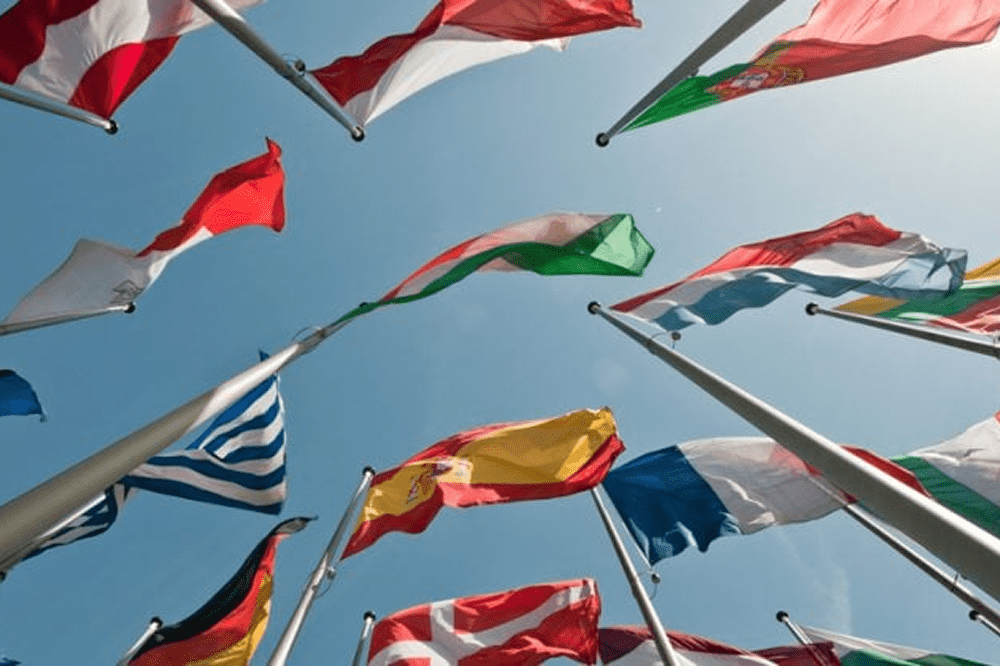Cargo Vessel Baltic Wind Runs Aground in Isefjord, No Pollution Reported
The cargo vessel Baltic Wind ran aground in Denmark’s Isefjord after leaving the navigation channel. No injuries or pollution were reported, and salvage planning is underway.

Flag-hopping among shadow fleet vessels has reached unprecedented levels in 2025, according to new data from Clarksons Research and Windward, illustrating just how aggressively sanctioned operators are maneuvering around regulatory pressure. The World Fleet Monitor now shows record monthly swings in registry numbers, a direct reflection of the geopolitical volatility facing global shipping.
Maritime analytics firm Windward reports that 57% of all sanctioned tankers are now either falsely flagged or entirely absent from IMO databases, with 12 known fraudulent registries currently in operation. False flagging, once sporadic, has effectively become a standard tactic within the fast-growing shadow fleet moving Russian, Iranian and Venezuelan oil across global routes.
The most extreme registry growth this year comes from Benin, whose ship registry has expanded by almost 50,000% in 2025 alone, according to Clarksons. The registry has taken on VLCCs linked to Iranian trade, and recently came under the spotlight after French authorities detained the Benin-flagged aframax Boracay, which has been tied to a drone incident at Copenhagen Airport.
Other African flags are undergoing similar expansions:
The result is a violent month-to-month “see-sawing” of tonnage, as authorities in the West effectively play regulatory whack-a-mole against a shadow fleet adept at dynamic reflagging.
While these sanctions-driven flag movements dominate headlines, changes are also accelerating at the top tier. Liberia has now extended its lead over Panama by more than 50 million gt, while Singapore is expected to overtake Hong Kong in the next cycle. A direct response to U.S. port fees under the Trump administration, which are pushing owners like Pacific Basin and Seaspan to exit Hong Kong registry.
Greek brokerage Xclusiv Shipbrokers recently remarked that shipping has “shifted from a neutral conduit of commerce to a direct instrument of statecraft.” The firm warned that navigating registry, sanctions and political risk may soon prove as complex — and as costly — as crossing any ocean.